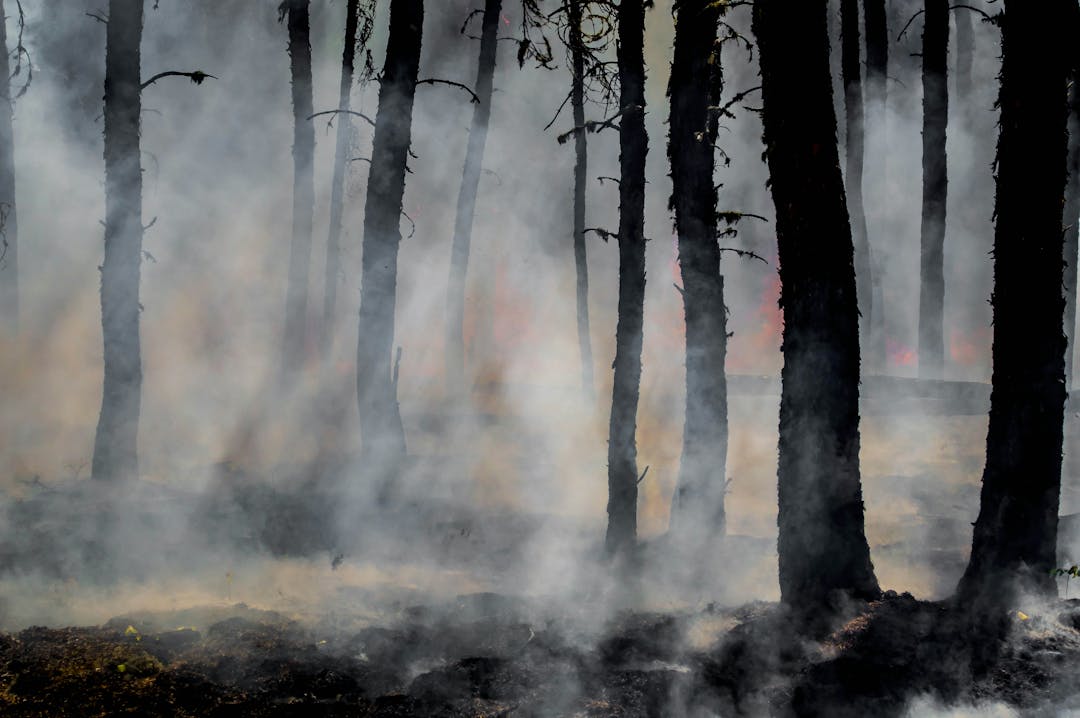Responding to Climate Change
Consultation has concluded

Climate Change in the Mackenzie District
The impacts and challenges of climate change are here, in the Mackenzie District, now. As this century progresses, the effects of climate change will continue to grow.
We have already experienced how our climate is changing. We know, based on climate change modelling and following global trends, we will have more frequent and more intense extreme weather events, and increasing temperatures will threaten our unique environments.
Globally, human activities, principally through the emission of greenhouse gases, have unequivocally caused global warming of 1.1°C above pre-industrial levels. Widespread and rapid changes in the atmosphere, water, and land continue to occur resulting in more frequent and more intense extreme weather events in every region of the world.
 Mackenzie District projected mean temperature increase by 2100 from pre-industrial levels.
Mackenzie District projected mean temperature increase by 2100 from pre-industrial levels.Developing our Climate Change Adaptation and Mitigation Strategy and Plan
We want a future where everyone in the Mackenzie District is confident and safe. In the Mackenzie we already know that together we can solve difficult problems. We have history of being resourceful, clever, and resilient.
We are now beginning work on a Climate Change Adaptation and Mitigation Strategy and Plan for the Mackenzie District to prepare and respond to the challenges of climate change. This will include information about changes that are likely to occur across the district due to the effects of climate change. It will define actions we will take to adapt and mitigate these impacts and information on how we will implement these actions. We will focus on climate and natural hazard challenges, but we will also take account of other opportunities to grow and develop our communities.
Our approach
The Mackenzie Climate Change Response Strategy and Plan will provide a practical strategy and plan to inform climate-resilient council decision making and actions.
Working with mana whenua, community stakeholders, and project partners, the Strategy and Plan will identify the preferred options and pathways for the Mackenzie District to increase resilience to the impacts of climate change and reduce greenhouse gas emissions.
To inform the Strategy and Plan, a Climate Change Analysis and Literature Review has been done for the Mackenzie District to understand what is happening. Now complete, we want to hear from the community to understand what matters most in our climate change response, what can we do, and how we can do it.
What Matters Most?
Following the delivery of the ‘Mackenzie District Climate Change Analysis and Literature Review’, an engagement process was undertaken through in-person workshops and online surveys to assess the vulnerability of key industries and recognised values in the Mackenzie District to specific climate-related hazards.
The vulnerability workshops and surveys were formatted to gather participants insights concerning their perceived exposure, sensitivity, and adaptive capacity to climate-related hazards. These insights where then analysed to identify common themes and trends in ranking of hazard vulnerability. Insights were then cross-referenced and supported by quantitative evidence and published research literature review to provide a robust evidence based to understand the vulnerability of values in greater detail and to identify any gaps.
31 vulnerabilities were identified across six climate-related hazards for the Mackenzie District:
- Increasing fire weather conditions
- Higher mean temperatures
- Increasing dry spells and drought conditions
- Decreasing snow and ice cover
- Increasing extreme precipitation events
- Increasing wind and extreme wind conditions
Alongside the Vulnerability Assessment, the Mackenzie District Council have conducted our first district-wide greenhouse gas (GHG) inventory to improve our understanding of GHG emissions across the Mackenzie District
What Can We Do?
Using the information gathered through the vulnerability assessment process and GHG inventory, the Mackenzie District Council in collaboration with key stakeholders across the district has considered what community climate change adaptation and emission reduction (mitigation) actions and approaches we could take.
Actions and approaches were identified in conjunction with the development of the Canterbury Climate Partnership Plan. Environment Canterbury and the ten Territorial Authorities across the Canterbury Region have worked together to develop the Canterbury Climate Partnership Plan to set out how the region will work together to support the transition to a climate-resilient, low-emissions Canterbury region. The Canterbury Climate Partnership Plan doesn’t detract from the Mackenzie District’s work. Instead, the plan joins the dots, enabling the Mackenzie District to align its Climate Change Response Strategy and Plan, create efficiencies, and apply regional solutions to shared challenges,
Our approach to climate change adaptation and mitigation has been developed to align with this regional plan and the actions of our neighboring districts. This ensures the Mackenzie's perspective and context is input into regional climate initiatives, and we are well placed to apply and leverage the outcomes from the regional work.
How Will We Do It?
The Mackenzie District Climate Change Response Strategy and Plan is currently being drafted.


